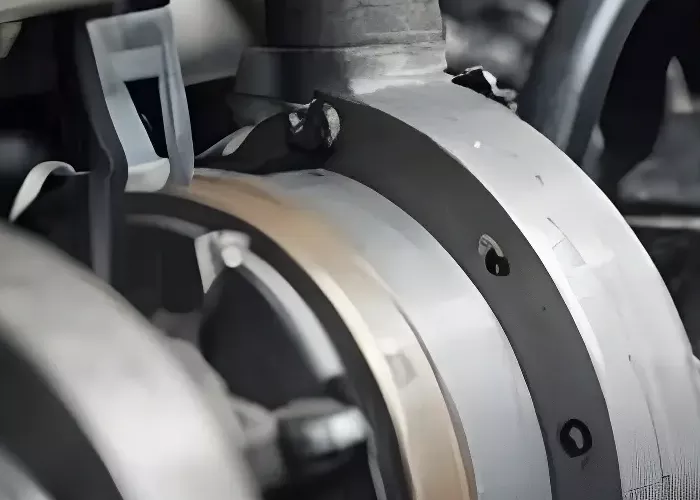Rocket propulsion company Ursa Major has secured a $32.9 million contract to deliver 16 advanced engines to Stratolaunch, marking a significant boost to U.S. hypersonic testing infrastructure. The announcement, made on June 16, reinforces the Pentagon’s push to accelerate high-speed flight programs amid growing geopolitical competition.
Under the agreement, Ursa Major will supply an upgraded variant of its Hadley engine, known as H13, to power Stratolaunch’s Talon-A, a reusable hypersonic test vehicle developed for military use.
“This contract directly supports U.S. hypersonic test infrastructure and the broader imperative to accelerate high-speed flight programs,” said Dan Jablonsky, CEO of Ursa Major.
Enhanced Performance and Reusability
The H13 engine represents a leap in performance and durability, specifically designed to meet the demanding requirements of repeated hypersonic missions.
“This version increases engine reusability with additional starts, driving down cost per flight while supporting new test objectives and mission profiles,” said Chris Spagnoletti, president of liquid systems at Ursa Major.
Constructed with advanced metals, the H13 engine is engineered to double the mission count of the previous Hadley model, significantly enhancing Stratolaunch’s test cadence and flexibility.
The Hadley engine generates 5,000 pounds of thrust and runs on a mix of liquid oxygen and kerosene, utilizing an oxygen-rich staged combustion cycle — a configuration typically seen in large orbital-class engines. This high-performance design has already powered several Talon-A missions.
Strategic Role in Pentagon Hypersonic Testing
Stratolaunch, headquartered in California, plays a central role in the U.S. Department of Defense’s hypersonic test strategy. Its Talon-A vehicle is air-launched from the wing of Roc, the world’s largest aircraft by wingspan. Once released, Talon-A can reach speeds exceeding Mach 5, offering a flexible and reusable platform for advanced system evaluations.
Reusable hypersonic platforms are considered essential by defense officials, given the high cost and complexity of testing at such extreme speeds. The integration of H13 engines is expected to reduce costs and increase mission frequency, supporting a faster development cycle for next-generation military capabilities.
Ursa Major’s latest contract signals a broader alignment between private aerospace innovation and national defense priorities, as the U.S. continues to invest heavily in hypersonic technologies to maintain its strategic edge.

